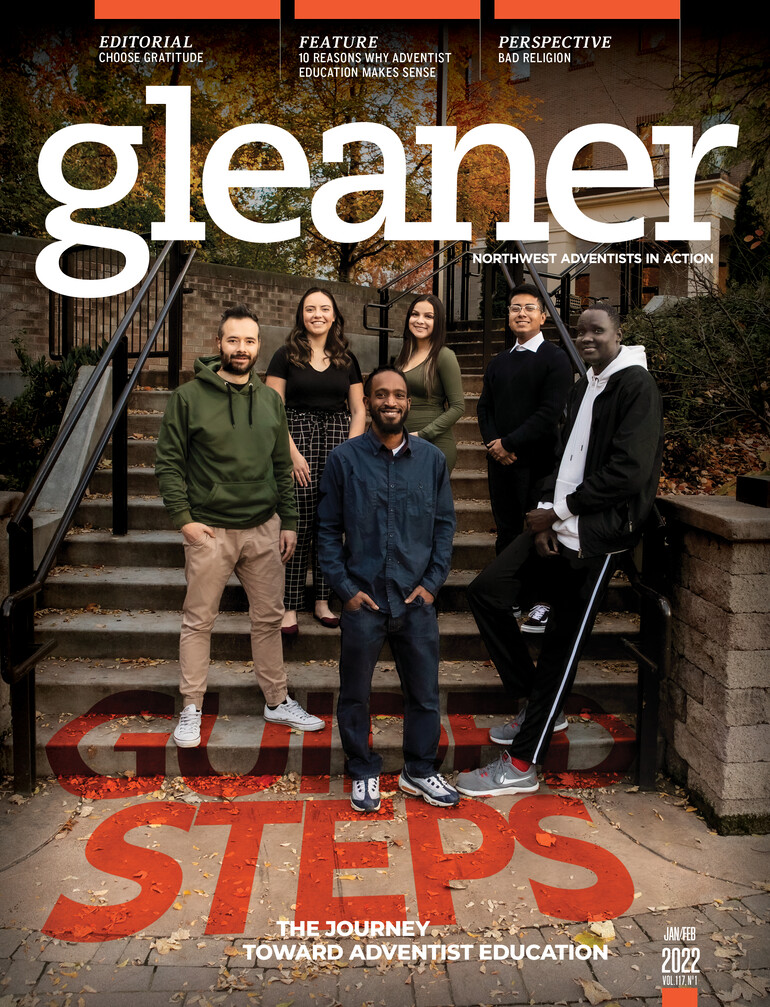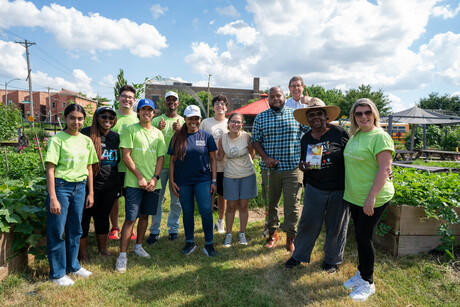“The limits of my language mean the limits of my world,” said Ludwig Josef Johann Wittgenstein, Austrian-British philosopher.
I’ve been thinking about this rather profound statement and how it applies to my life as I start another lap around the sun. In 2022, what are the shortcomings in my vocabulary? What language-limits curtail my spheres of influence?
So many people are afraid of others — "those people." Those people are the ones ruining life, destroying the planet and wrecking society.
No matter where I look, fear seems to be dividing our country. It’s not just the rational fear surrounding COVID-19 that is isolating people. It’s the irrational fears about each other. Fewer and fewer real-life interactions are happening. Online, we’ve cut our language to 140 characters or less, and one-liner slurs abound. With a few strokes of a keyboard, we relegate people to one camp or another. One click, and we’ve dehumanized “those people.”
I was listening to a podcast this week. The guest, sociologist Brené Brown, said, “Anxiety and excitement present exactly the same neurophysiologically. In studies, people who labeled it excitement had positive experiences. Those who labeled it as anxiety had negative experiences.”
Brown went on to say, “Language gives us a neurobiological handle on what feels too amorphous and fuzzy to grab.”
If the line between anxiety and excitement are neurophysiologically indistinguishable, how fine is the line between fear and friendship?
While I don’t have Brown’s scientific research to back my hypothesis, my guess is this: The line between fear and friendship is much closer than we might think.
The simple act of sitting down and listening to people moves me out of the fear zone to one where I can see humanity. I may not agree with everything you have to say, but when I give myself permission to listen to you, something happens. A door opens in my heart. I feel confident in your humanity, and that enables my compassion and understanding.
The inverse is also true. When I'm so convinced I am right and refuse to interact with you, a door shuts. My compassion for you is short-circuited. You’re no longer you; you’re “those people.”
Ellen G. White, a prolific Christian author wrote, "How many of the wandering ones have you, reader, sought for and brought back to the fold? When you turn from those who seem unpromising and unattractive, do you realize that you are neglecting the souls for whom Christ is seeking? At the very time when you turn from them, they may be in the greatest need of your compassion" (Christ’s Object Lessons, p. 191).
Consider joining my prayer for 2022: Lord of my heart, create more open doors where You can work. Help me seek out more opportunities to listen. Allow me to be an instrument of Your compassion.










